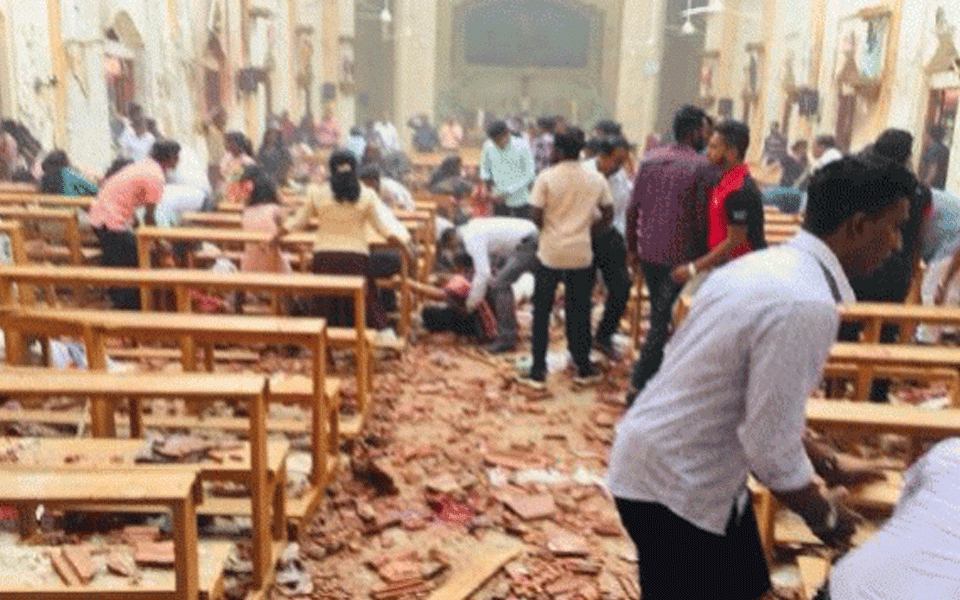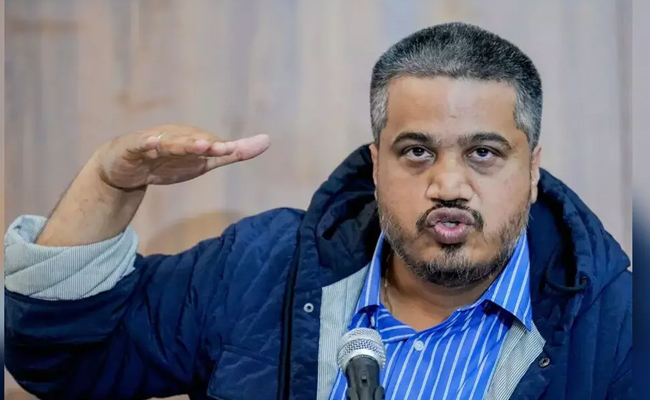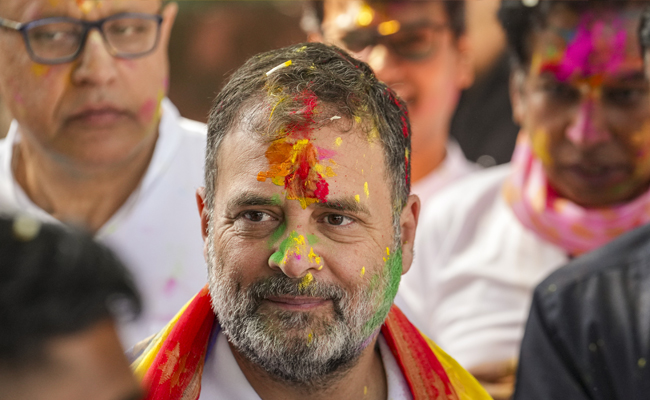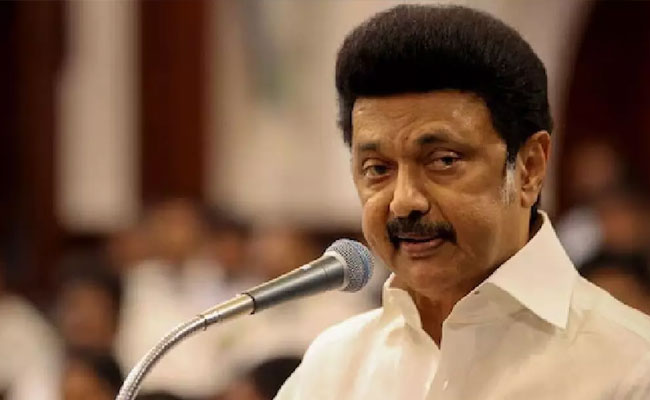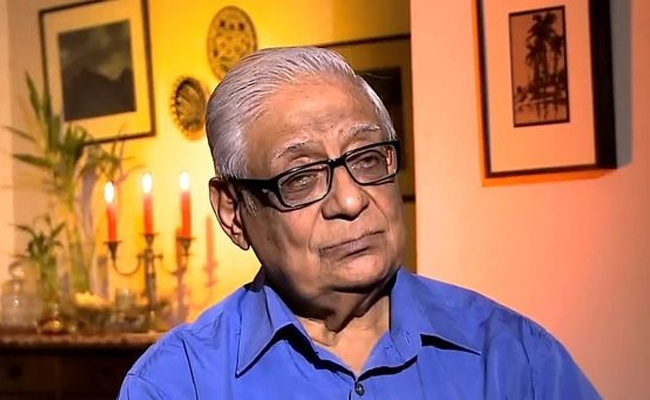Colombo, Jul 15: International drug syndicates orchestrated Sri Lanka's deadly Easter Sunday bombings, the country's leader claimed Monday, despite earlier blaming the attacks on Islamists.
The statement comes amid a nationwide narcotics crackdown, with President Maithripala Sirisena aiming to reintroduce capital punishment for drug offences.
Authorities have said local jihadist group National Thowheeth Jamaath (NTJ) were responsible for the suicide bombings in churches and hotels that killed at least 258 people in April. The attacks were later claimed by the Islamic State group.
Sirisena's office said the day after the bombings that local terrorists and international terror groups were responsible for the attacks.
But in a statement issued by his office Monday, Sirisena said the attacks "were the work of international drug dealers".
"Drug barons carried out this attack to discredit me and discourage my anti-narcotics drive. I will not be deterred," he said.
Sirisena is waging a battle against efforts by his governing coalition in parliament to abolish capital punishment, which has been subject to a moratorium since 1976.
A spokesman for Prime Minister Ranil Wickremesinghe discounted the president's claims.
"Police completed the investigations within about two weeks," Sudarshana Gunawardana told AFP.
"There is no mention of drug dealers being involved. We have no reason to doubt our investigators."
He said speedier justice would be a bigger deterrent to drug traffickers than the threat of capital punishment.
"We don't believe hanging people will address the issue, especially considering that it takes several decades to get a conviction."
Sri Lankan courts take on average 17 years to complete criminal trials for grave offences such as murder and rape.
Gunawardana said Wickremesinghe was opposed to capital punishment as it was against the policy of his United National Party, and noted that there was cross-bench support in the legislature to completely abolish it.
Police officials said investigations into the April 21 suicide bombings were still ongoing, and all the more than 100 people in custody were Sri Lankans.
"We are going on the basis that this was a crime planned and executed by a group of radicalised Sri Lankan Muslims," a senior police official told AFP, asking not to be named.
"Everyone involved in the attacks is either dead or in custody."
Sirisena has marshalled public support for an end to the moratorium on the death penalty, saying that hangings would deter the illegal drugs trade.
"If the government brings legislation to abolish capital punishment, I will declare a day of national mourning," Sirisena said in the statement, adding that public opinion favoured hanging condemned criminals.
He said the leading Buddhist monk Omalpe Sobitha had advised him to resume hangings and not to abandon his war on narcotics.
Sri Lankan courts routinely hand down death sentences to drug offenders, murderers and rapists but it is automatically commuted a term of life imprisonment.
Sri Lanka's Supreme Court earlier this month suspended Sirisena's moves to hang four drug convicts. The court banned any executions until it rules on a petition seeking a declaration that hanging breaches the country's constitution.
The next hearing in the case is in October.
Sri Lanka's last hangman retired in 2014, but officials said they had selected two new executioners from a pool of candidates.
Let the Truth be known. If you read VB and like VB, please be a VB Supporter and Help us deliver the Truth to one and all.
Mumbai (PTI): NCP (SP) MLA Rohit Pawar on Wednesday alleged that someone was trying to save VSR Ventures in connection with the plane crash that killed Maharashtra deputy chief minister Ajit Pawar, and claimed that the AAIB preliminary probe vindicated the doubts earlier raised by him.
He also accused VSR company of indulging in several grave lapses in the past.
The Learjet 45 aircraft, operated by VSR Ventures, crashed near the Baramati air strip in Pune district on January 28, killing Pawar and four others.
In its 22-page preliminary report on the VSR Venture's Learjet plane crash, the Aircraft Accident Investigation Bureau (AAIB) said the visibility at the time of the crash was below the required level. It also flagged about fading marks on the runway and presence of loose gravels on the runway surface.
Pawar said, "I am not against VSR or the Directorate General of Civil Aviation (DGCA). Ajitdada was travelling in a VSR aircraft. Unless we go into the depth of every aspect, we will not know the truth. But someone is trying to save this company. The doubts we had raised have been proven correct in the inquiry report."
He also claimed that the AAIB report contained discrepancies, including mentioning Baramati as a district, and questioned how seriously the probe had been conducted.
Pawar, who has been regularly holding press conferences to raise issues concerning the Baramati plane crash, also contested the report's conclusion that the aircraft hit trees before crashing.
"The report says the aircraft struck trees and then fell. But there are no trees at that spot. There is only a small bush which the aircraft did not even touch. What is stated in the report about hitting trees is incorrect," he said.
Pawar further alleged that VSR Ventures had displayed irresponsibility on multiple occasions, citing an incident involving the then chief minister Eknath Shinde's Davos visit on January 20, 2023.
He claimed that the aircraft carrying Shinde had entered Iranian and Iraqi airspace without overflight permission, following which fighter jets from the two countries allegedly warned of action, forcing a change in route from Bahrain to Zurich.
"There have been several such grave lapses by VSR," he said.
Pawar demanded to know from where VSR Ventures derived its "audacity", and sought details about its investors and officials, though he added that he was not personally concerned with who they were.
Drawing a comparison, he said the Central Bureau of Investigation (CBI) had taken over the probe into actor Sushant Singh Rajput's death within two days, whereas a month had passed since the Baramati crash without a similar action.
He claimed that VSR Ventures had two directors and three shareholders, and that there were eight common names across two related companies.
He further alleged that the owner of VSR was related to the Union Civil Aviation Minister and questioned why the company, though registered in Delhi, had made high-value investments in Jubilee Hills (upscale area in Hyderabad) at rates allegedly Rs 17 crore above the market price.
The MLA representing the Karjat-Jamkhed assembly constituency in Ahilyanagar district also raised concerns about the legal and institutional framework of the AAIB under the 2017 rules, claiming it was neither a statutory nor an autonomous body and remained answerable to the secretary and the minister, besides being attached to the DGCA.
"There is no independent investigative agency," he alleged.

